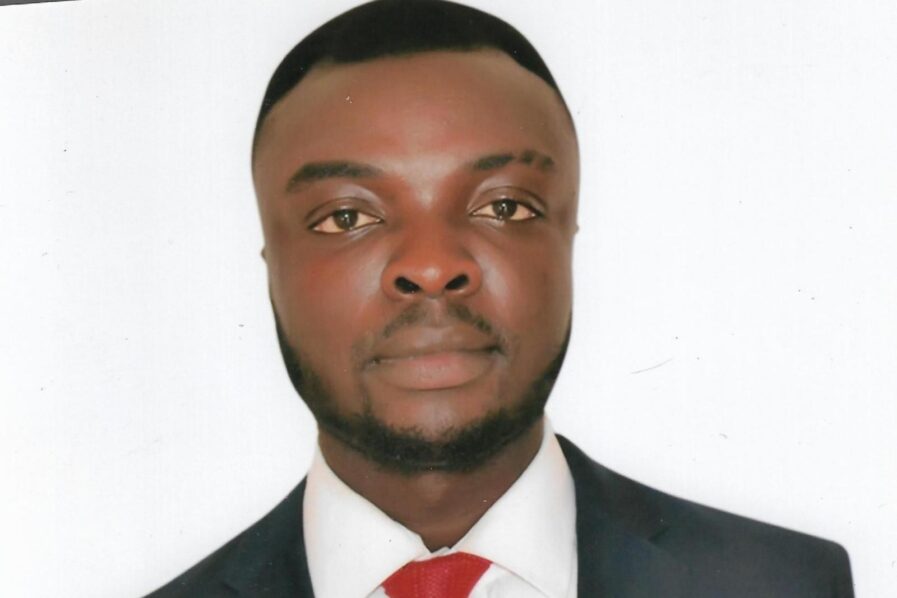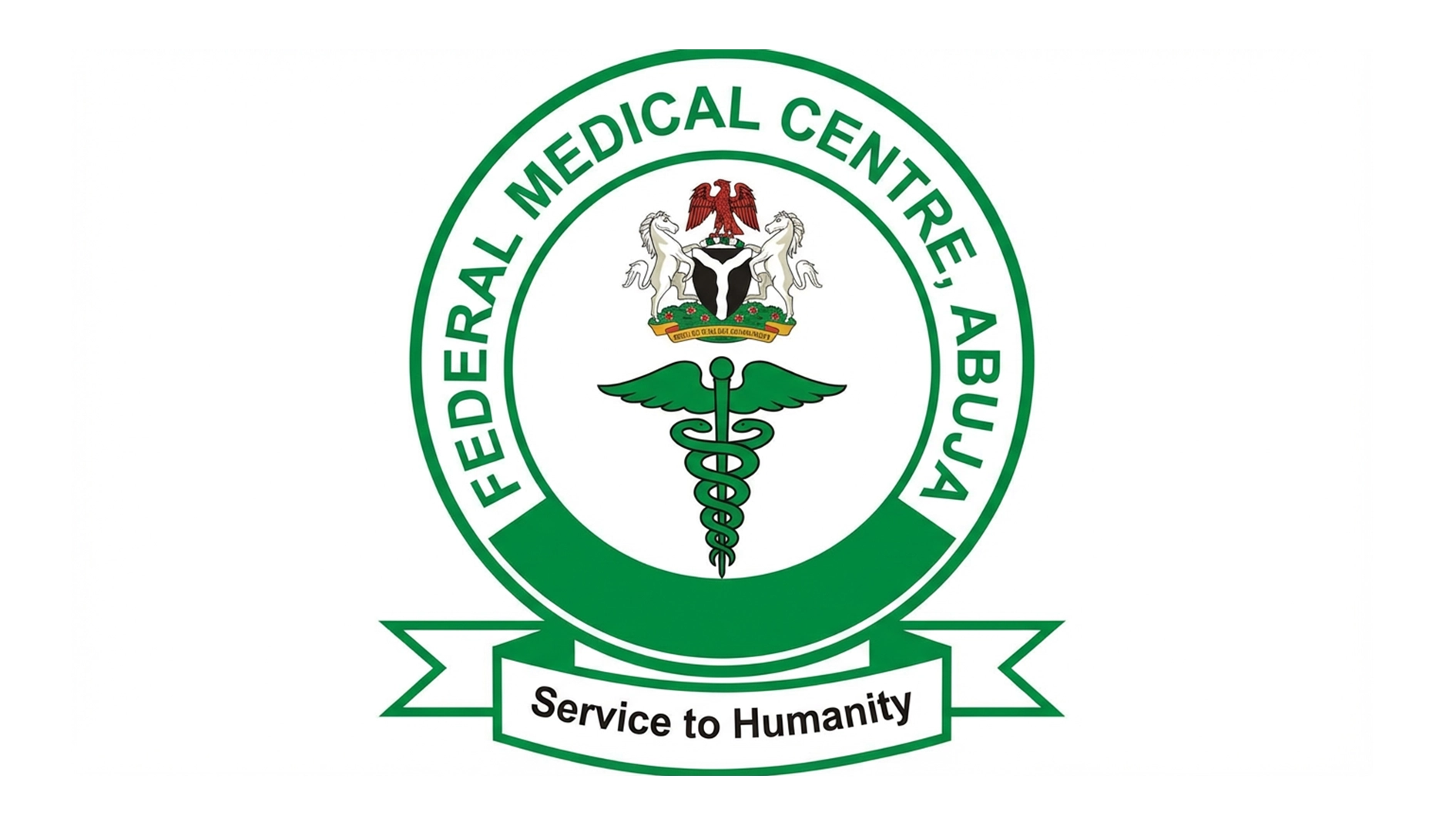
In the space of data science and public health in Nigeria, Olumide Oni has emerged as a leading voice in the application of data-driven solutions to real-world challenges. As a dedicated data scientist, he has focused his expertise on leveraging machine learning to revolutionize cancer detection, a field where early diagnosis can mean the difference between life and death.
Olumide’s journey into data science began during his undergraduate years at the Federal University of Agriculture, Abeokuta (FUNAAB). His participation in the 2nd National Mathematical Center – Nigerian Statistical Association (NMC-NSA) Competition for Undergraduates highlighted his aptitude for statistical modeling and data analytics. This early exposure set the stage for his commitment to harnessing the power of artificial intelligence in tackling pressing health issues.
One of Olumide’s most notable achievements is his contribution to the development of the mobile application ALÁÚSÁ SÁBÍ, led by Oluwaseun Ogunmolu. This revolutionary application transformed workforce efficiency and communication within Lagos State’s public service, streamlining data collection, task management, and service delivery. His problem-solving approach, which blends statistical methodologies with machine learning, has gained him recognition as a forward-thinking innovator in Nigeria’s tech ecosystem.
His recent work has centered on the role of machine learning in early cancer detection, an area of growing importance given the high mortality rates associated with late-stage diagnoses in Nigeria. The lack of adequate screening facilities, the shortage of trained healthcare professionals, and the prohibitive costs of diagnostic procedures have all contributed to the grim reality faced by thousands of Nigerians. Olumide Oni sees machine learning as a powerful tool to bridge these gaps, offering a solution that enhances diagnostic accuracy and speeds up the detection process.
Drawing insights from global advancements, he points to the success of AI-powered systems in analyzing medical images, identifying cancer biomarkers, and predicting high-risk cases with remarkable precision. These technologies have proven effective in developed countries, yet Nigeria remains behind in their adoption. The reasons for this lag range from inadequate digital infrastructure in hospitals to limited access to AI technology and a shortage of trained professionals capable of integrating AI-driven diagnostic tools into medical workflows.
Despite these challenges, Olumide Oni remains optimistic about the future. He emphasizes the need for strategic initiatives to facilitate the adoption of AI-driven healthcare solutions. He envisions stronger collaboration between the government, private sector, and technology firms to ensure that machine learning becomes an accessible tool in Nigeria’s fight against cancer. Increased investment in AI-based diagnostics, integration of machine learning training into medical education, and the development of cost-effective AI models tailored to the Nigerian healthcare system are all steps he believes can drive progress.
For Olumide Oni, the intersection of technology and medicine represents a transformative opportunity. His advocacy for a multi-sectoral approach underscores the importance of collaboration between the tech and medical industries. By bridging the gap between innovation and healthcare, he believes that machine learning can play a pivotal role in improving early cancer detection and, ultimately, saving lives.
“Machine learning has the power to save lives, but its success depends on how well we integrate it into our medical system,” he asserts. “If we can overcome these challenges, AI can transform how we detect and treat cancer in Nigeria.”
Through his research and unwavering commitment to data science, Olumide Oni continues to pave the way for groundbreaking advancements. His work stands as a beacon of hope, demonstrating how technology can be harnessed to address some of Nigeria’s most pressing healthcare challenges and build a future where early cancer detection is no longer a privilege, but a standard of care.






